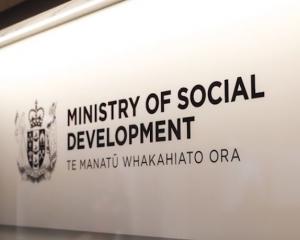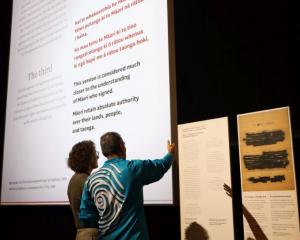About 280,000 New Zealanders are waiting for elective surgery, and more than half are not on waiting lists, new research shows.
The report by TNS for the Health Funds Association (HFA) and the Private Surgical Hospitals Association (NZPSHA) showed those who were on waiting lists had been waiting an average of 224 days.
HFA chief executive Roger Styles said more public and private surgery was being done over the past decade, but the ageing population meant the need was growing.
"The 280,000 waiting on both the official waiting list and the 'hidden' list are virtually all public patients because of public rationing," Mr Styles said.
"There is no real private waiting list, as private patients are seen promptly. The private and public outcomes are hugely different because of this."
The average wait for those who had undergone public surgery was 100 days longer than private patients.
But Mr Styles said putting more money into the public system was not the answer.
"That's what we've been doing the past few years and the problem has been getting worse not better.
"All available information says future public health spending is unsustainable under present policy settings. There are options to address this, but the longer the problems are ignored, the less effective and less palatable the solutions become," he said.
The survey found 350,000 New Zealanders have some form of elective surgery every year.
A further 280,000 have a need for surgery, of which 110,000 are on waiting lists.
The remaining 270,000 have been told their need is not significant enough to go on the list, but their quality of life is reduced and they still need assistance.
A quarter of those waiting for surgery have had to take time of work because of the issue.
NZPSHA President Greg Brooks said the survey showed too many people had a poorer quality of life due to problems accessing elective surgery.
"As well as the human cost, the survey also points to a huge economic cost to the country in the form of lost productivity from illness and absenteeism," Mr Brooks said.
The survey was conducted in September including 1830 people, and has a margin of error of 2.3 per cent.
- Heather McCracken of APNZ











